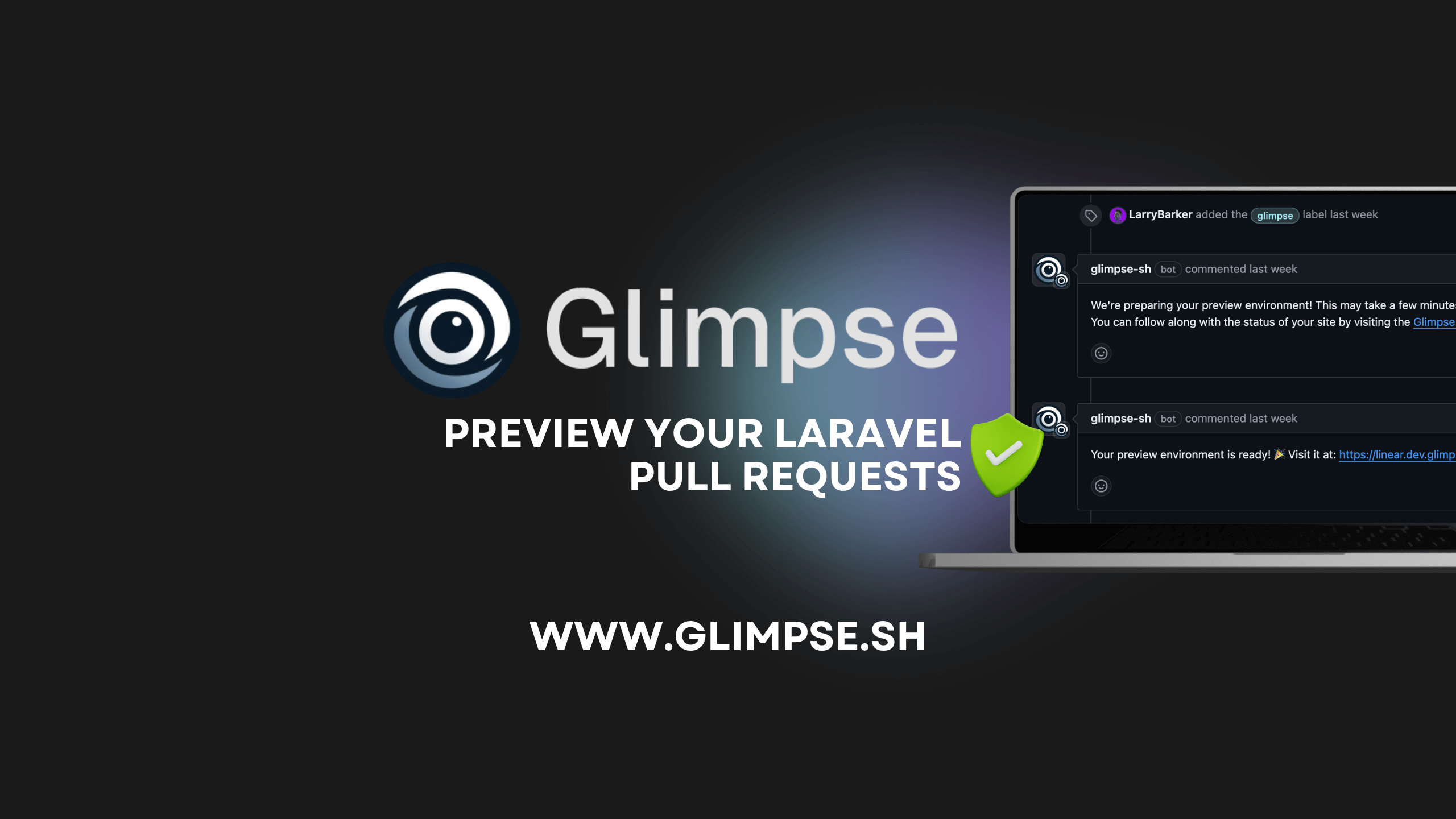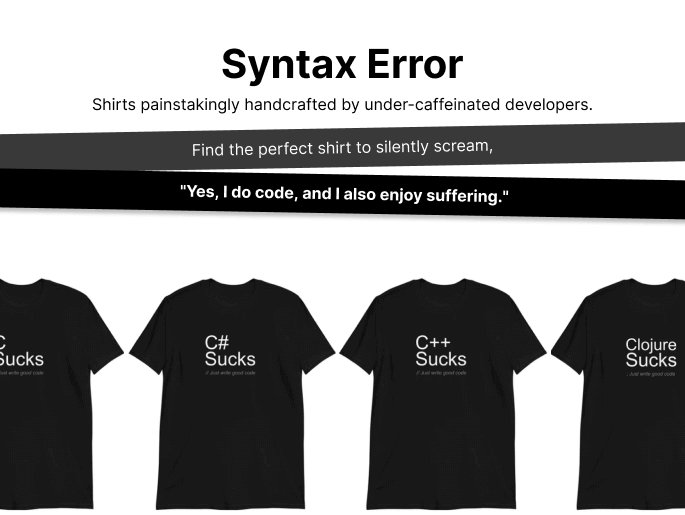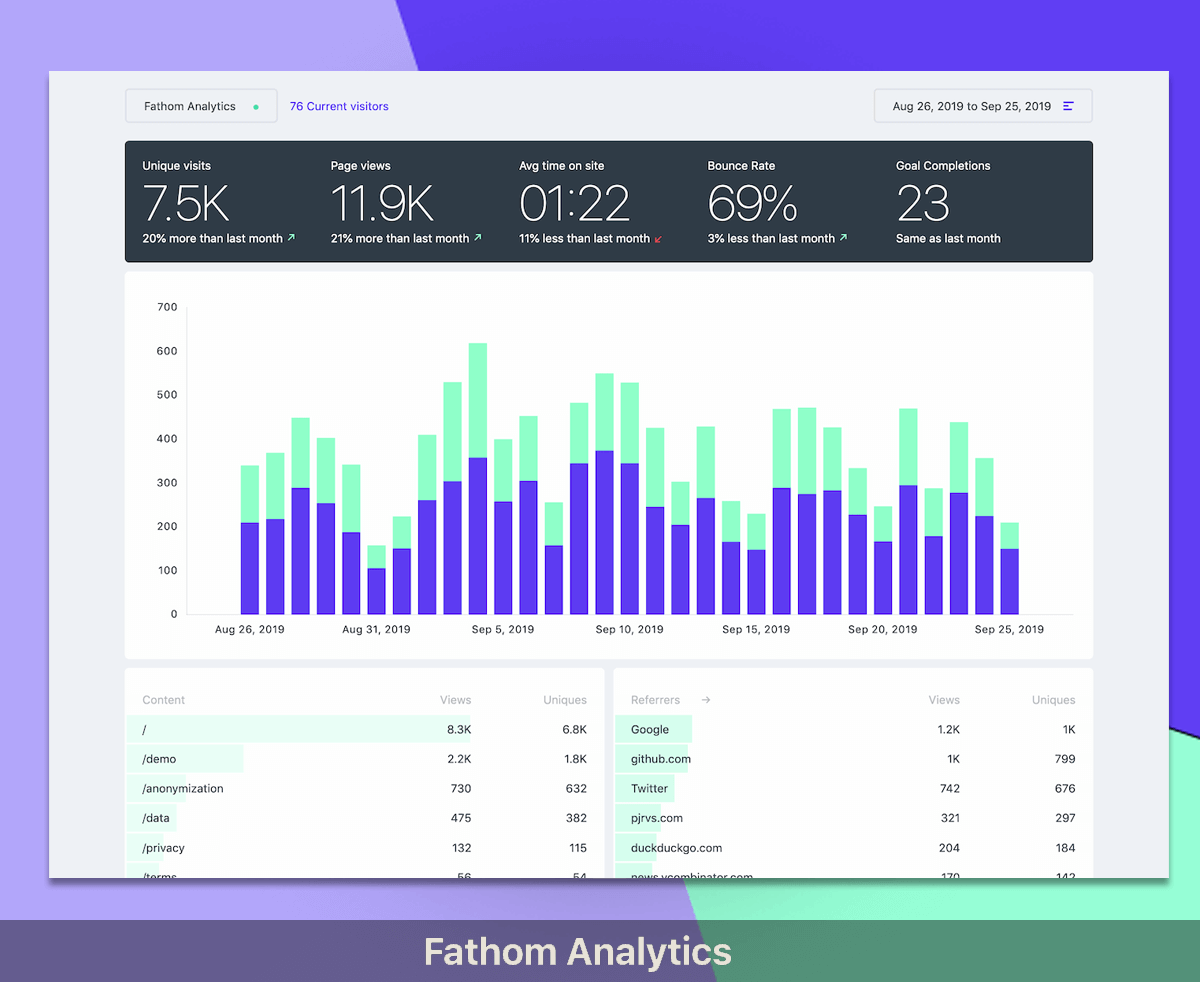Get the latest Laravel/PHP jobs, events and curated articles straight to your inbox, once a week
Source: medium.com
CSRF checks fail with a standard EZproxy instanceCategory: Laravel, javascript
TL;DR — with a standard config, EZproxy filters out headers with the names X-CSRF-TOKEN and X-XSRF-TOKEN. Any CSRF validation checks that require one of those headers to be present in a request will fail. I wanted to write something about this because my googling for the terms CSRF and EZproxy returned nothing of any use, so maybe this will help someone.
It turned out they were getting 419 errors, which is Laravel’s non-standard response denoting a CSRF validation failure.
EZproxy provides configuration options for how it deals with headers — described here — and those let you nominate specific headers to be passed through unaltered.
It turned out they were getting 419 errors, which is Laravel’s non-standard response denoting a CSRF validation failure.
EZproxy provides configuration options for how it deals with headers — described here — and those let you nominate specific headers to be passed through unaltered.
Newsletter

Glimpse
Glimpse streamlines Laravel development by seamlessly deploying GitHub pull requests to preview environments with the help of Laravel Forge.
Laravel/PHP Careers





